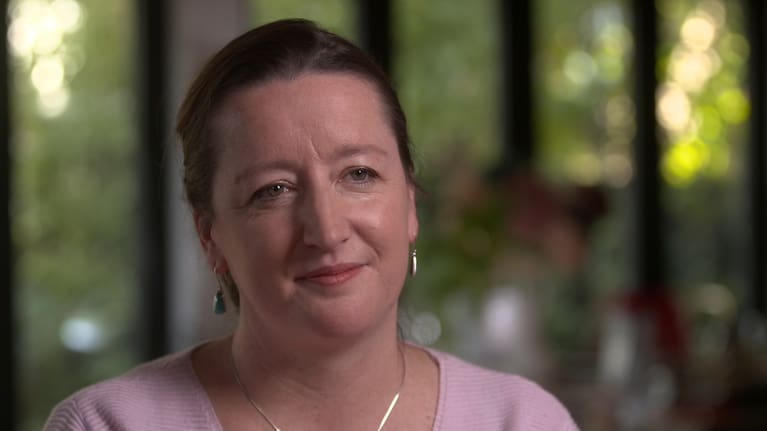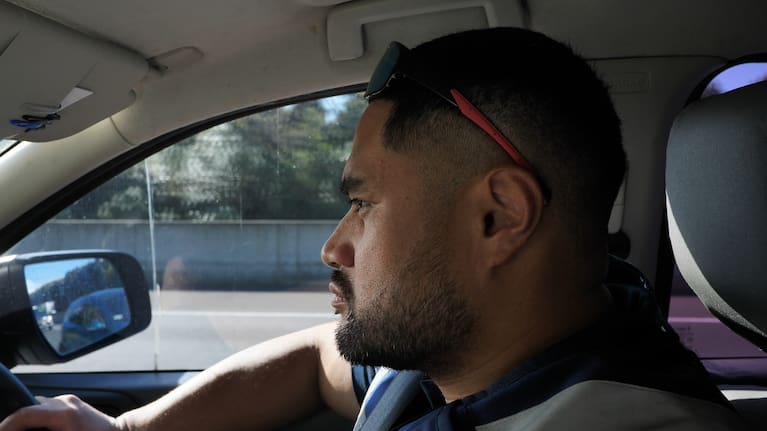New Zealanders are now eight times more likely to be hospitalised from a dog bite injury than they were 40 years ago.
The rise is highlighted in research by Dr Natasha Duncan-Sutherland, an emergency doctor with over 10 years' experience.
In her time in A&E, she’s treated dozens of dog attack victims.
“Dogs have an incredibly powerful jaw, especially larger dogs. It doesn't just puncture the skin; it can also cause fractures. It can break a skull. It can kill a person.”
Dr Duncan-Sutherland has led six studies on the issue.
“Seeing people coming into the emergency departments being attacked by dogs. it made me realise that there was an issue.
“There are nearly 24,000 dog related injuries per year now,” she said. “It's frustrating that it continues to happen.”
The number of registered dogs in New Zealand continues to increase, but Dr Duncan-Sutherland says the research doesn’t show a correlation between dog ownership numbers and the rise in dog attacks over time.
However, backyard breeding may play a part, she said.
On average, 170 children each year are hospitalised due to dog attacks. (Source: Sunday)
"Local councils think that there are a large number of unregistered dogs. But we're unable to quantify that so we simply don’t know.”
The exact reasons for the increase in dog attacks are still unclear, but there’s clear evidence of who’s most at risk.
“Children are particularly vulnerable. They also were more likely to be bitten in the head and the neck and face area just because of their size.”
On average 170 children each year are hospitalised due to dog attacks and Dr Duncan-Sutherland said it’s an unacceptable number.

“When children come in with dog attack, you realise that there's the physical injury, but there's an emotional component to it, too. The trauma to children can be lifelong.”
She said policy makers need to tighten leash laws to minimise risk in public, and doctors need to notify councils when they treat dog attack victims.
“Absolutely, owners are responsible for their dogs. The other level of responsibility involves health professionals, vets, the council, the government at a systemic level to create an environment in which injury is least likely to occur.”
Uncontrolled canines
Auckland animal control officer Vaea Te’o said there are more roaming dogs than ever.
"There has been a lot of factors that go into it I think. Auckland population (has) grown itself and during Covid people bought dogs and then realised they didn’t have time for them. Also backyard breeding is an issue.”
In the past year, Auckland Council has received 11,000 reports of roaming dogs. It’s a 40% increase on last year’s numbers.
Under Aotearoa’s Dog Control Act, owners must keep their dog under control at all times, even when at home. If a dog is found roaming, it can be seized and impounded by control officers.
“Roaming dogs do have potential to cause accidents on the road or bite people,” said Te’o.

“People are sort of relaxed around roaming dogs and then that is an issue itself. Owners believe their dogs wont bite or be aggressive.”
Te’o said there is no such thing as a bad dog.
“It’s never the dog's fault. It’s always the owners. It’s their responsibility to confine their dogs and keep them on their property.”




















SHARE ME